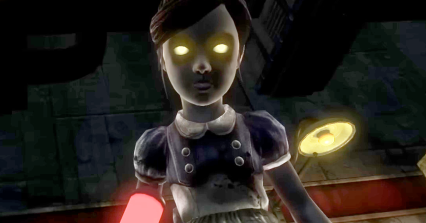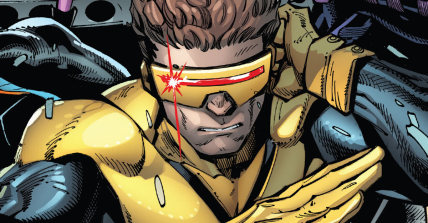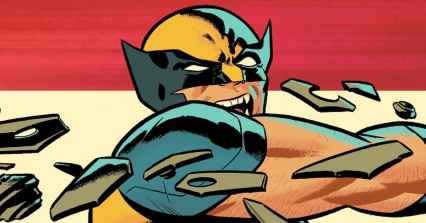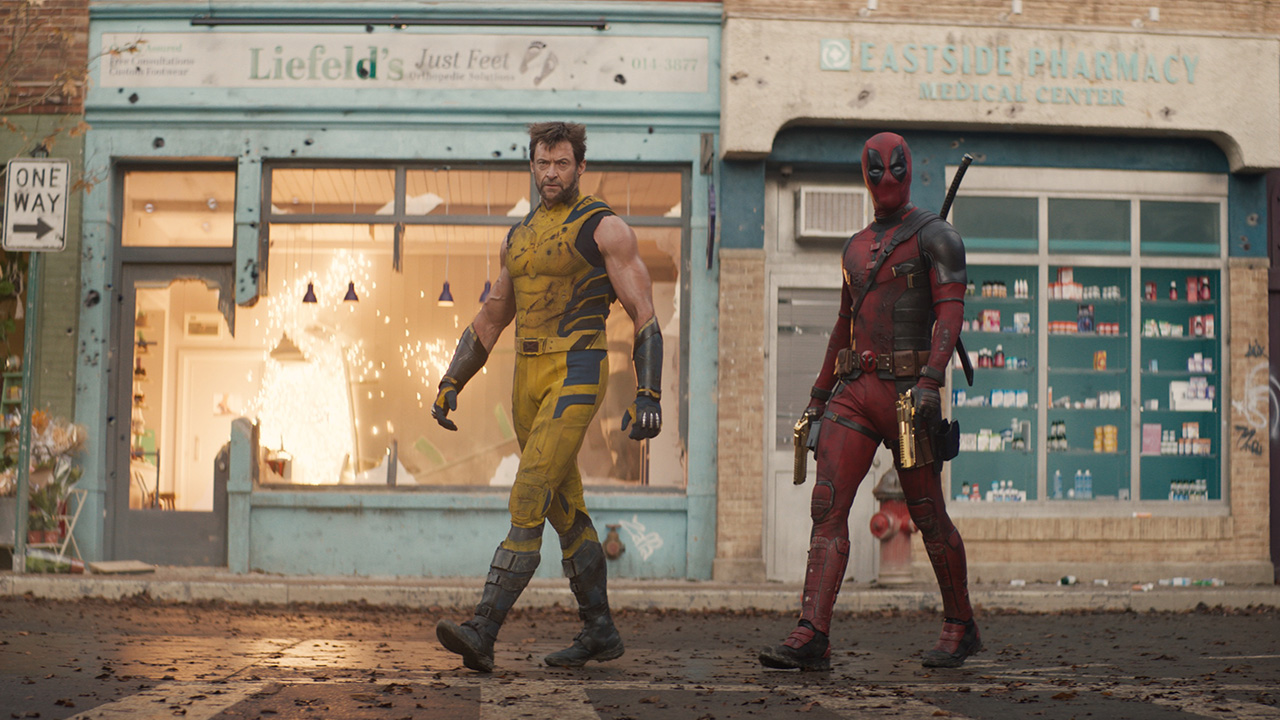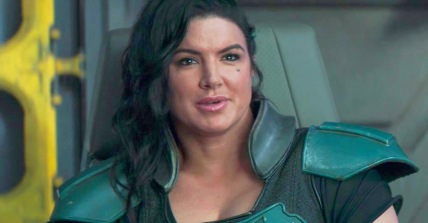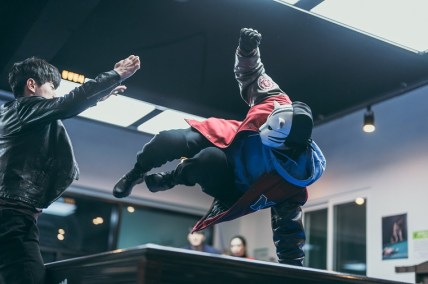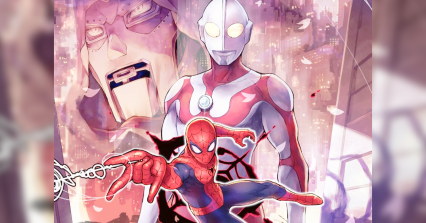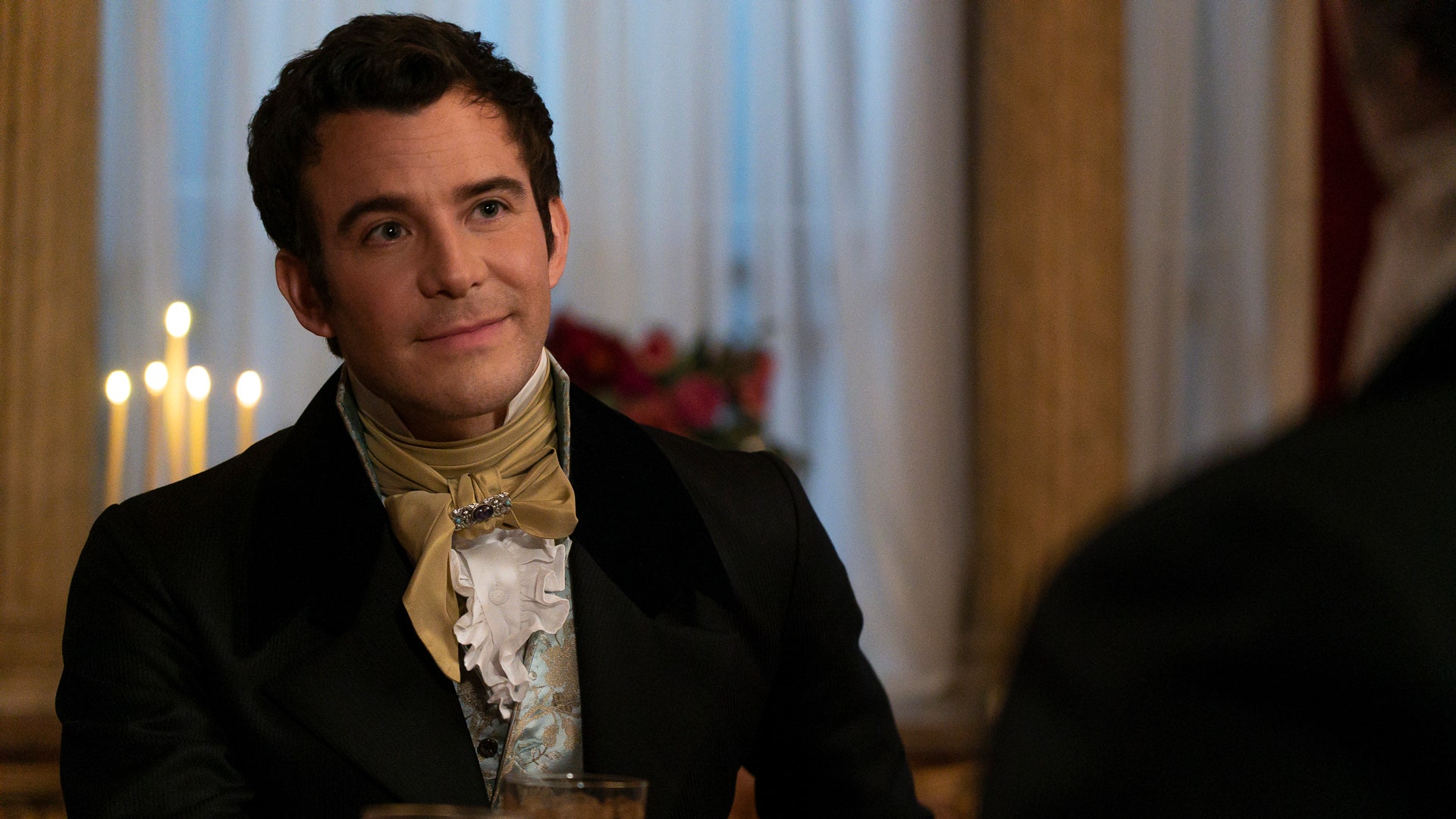Wandavision: The Hype, The Potential, And The Disappointment

There’s a lesson to be learned from WandaVision, the Marvel Cinematic Universes’s first entry into Phase 4. Hype is overrated, audience speculation is often wrong, and fan theories are often better written than the actual content.
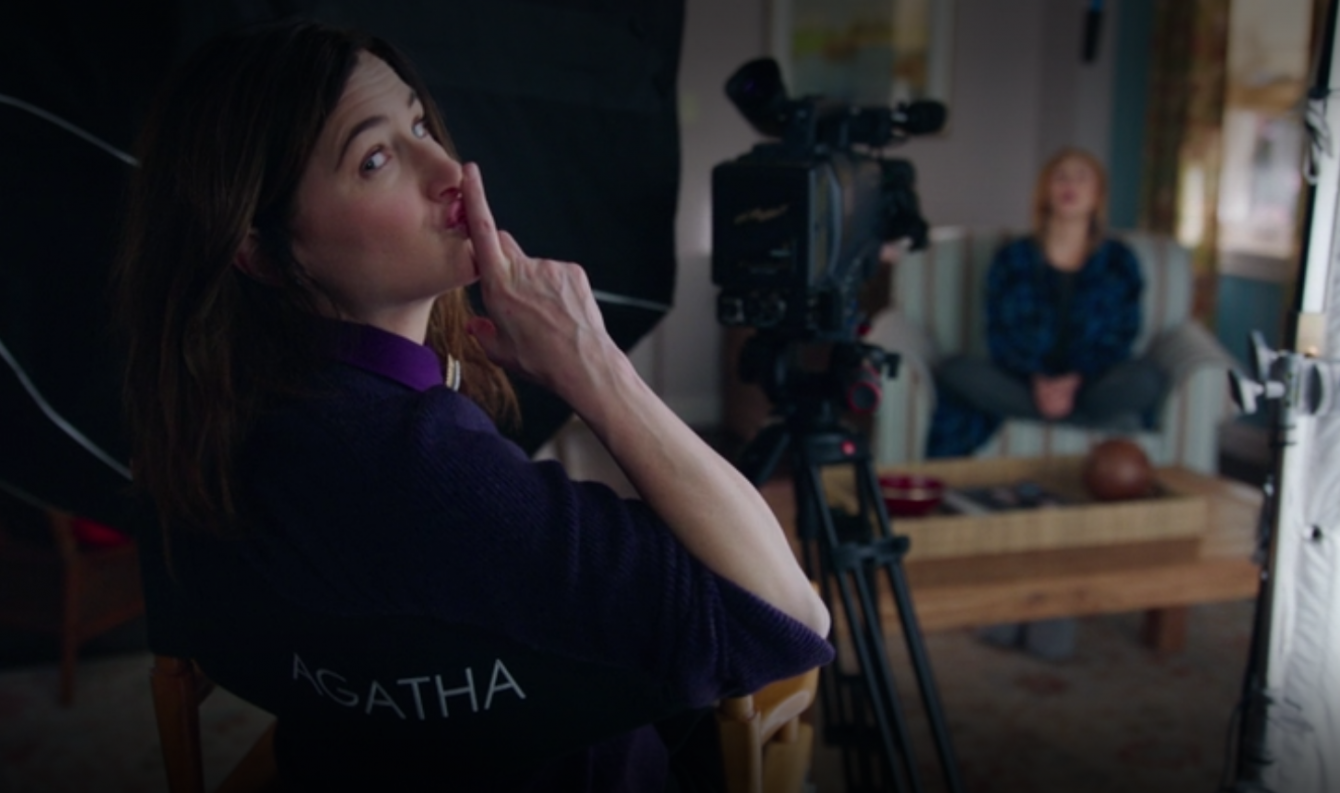
For example, Geekosity argued that not only would Evan Peters turn out to be the actual Quicksilver from the Fox Studios X-Men films, with Wanda bringing over this alternate version alongside her father, Magneto, but that The Fantastic Four would be introduced sometime during the first season. YouTuber Grace Randolph added to this rumor by claiming that Evan Peters would turn out to be Mephisto.
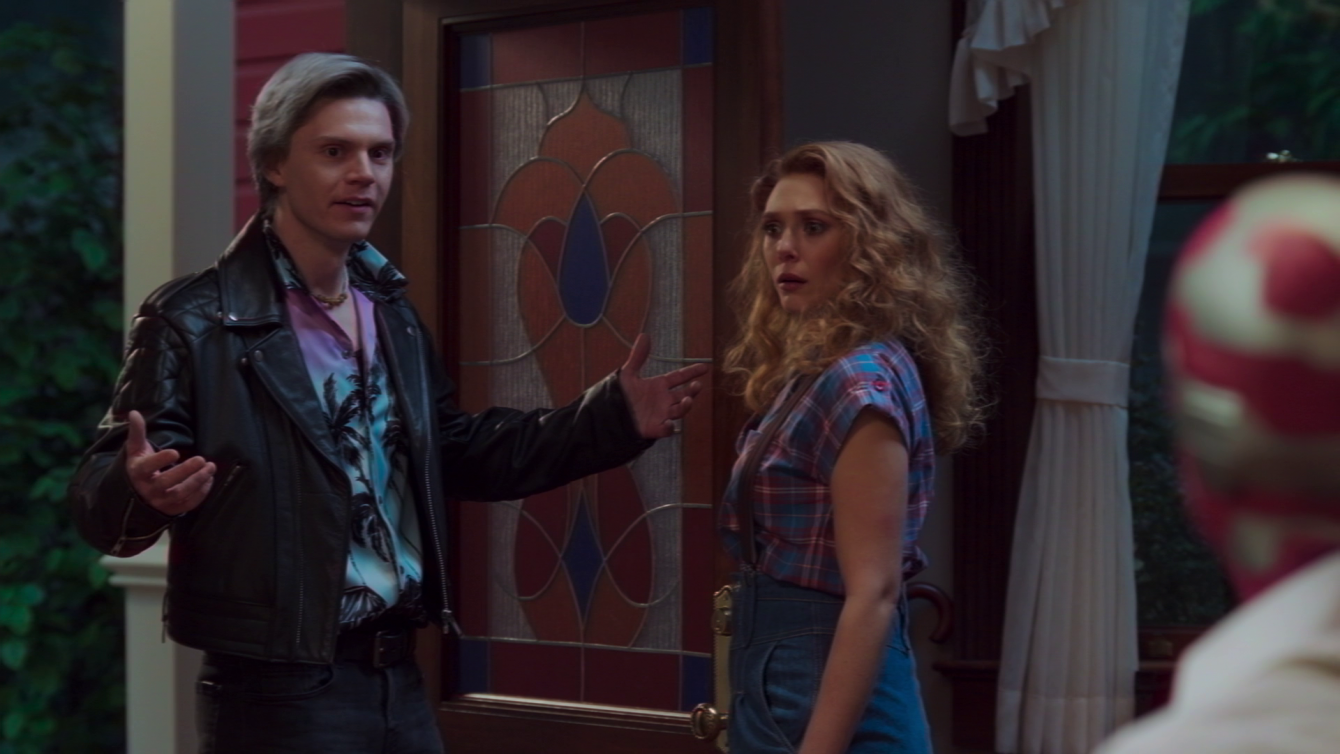
On 4chan, some fans alleged a number of events, including the MCU debut of Whizzer and Wonder Man, the revelation of Grim Reaper and Mephisto as the true villains of the series, and Dottie falling in love with Vision and testing his marriage to Wanda.
TVO/Lords of the Longbox believed that She-Hulk would make an appearance in WandaVision, marking her introduction to the MCU before the premiere of her own solo series.
Even a source that I worked with claimed that the show’s first season would end with Wanda breaking the current reality of the Marvel Cinematic Universe, opening up the Multiverse and introducing Mephisto.

Unfortunately, the season’s final episode posed more questions than it ultimately resolve while presenting an overwhelming amount of powerful women being held unaccountable.
Spoilers ahead.
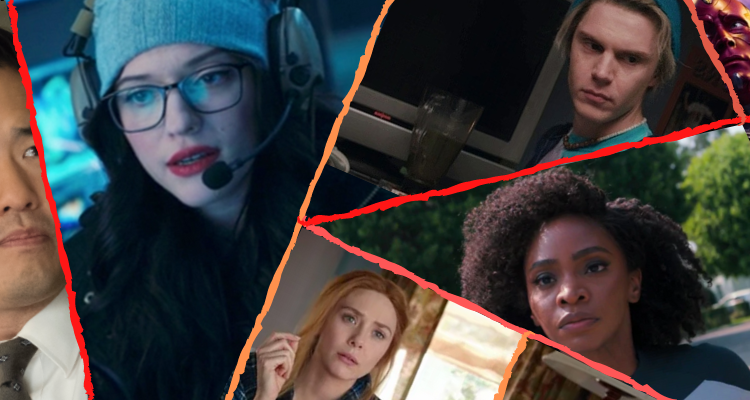
False Hits From Cast and Crew
There were some interviews with the cast and crew before this final episode came out. In one, Elizabeth Olsen was asked about a Luke Skywalker level cameo for the show, to which she confirmed that a similarly exciting cameo would take place in WandaVision.
In a separate interview, Paul Bettany teased the same cameo by stating that he had worked with someone he was wanting to work with for a very long time.
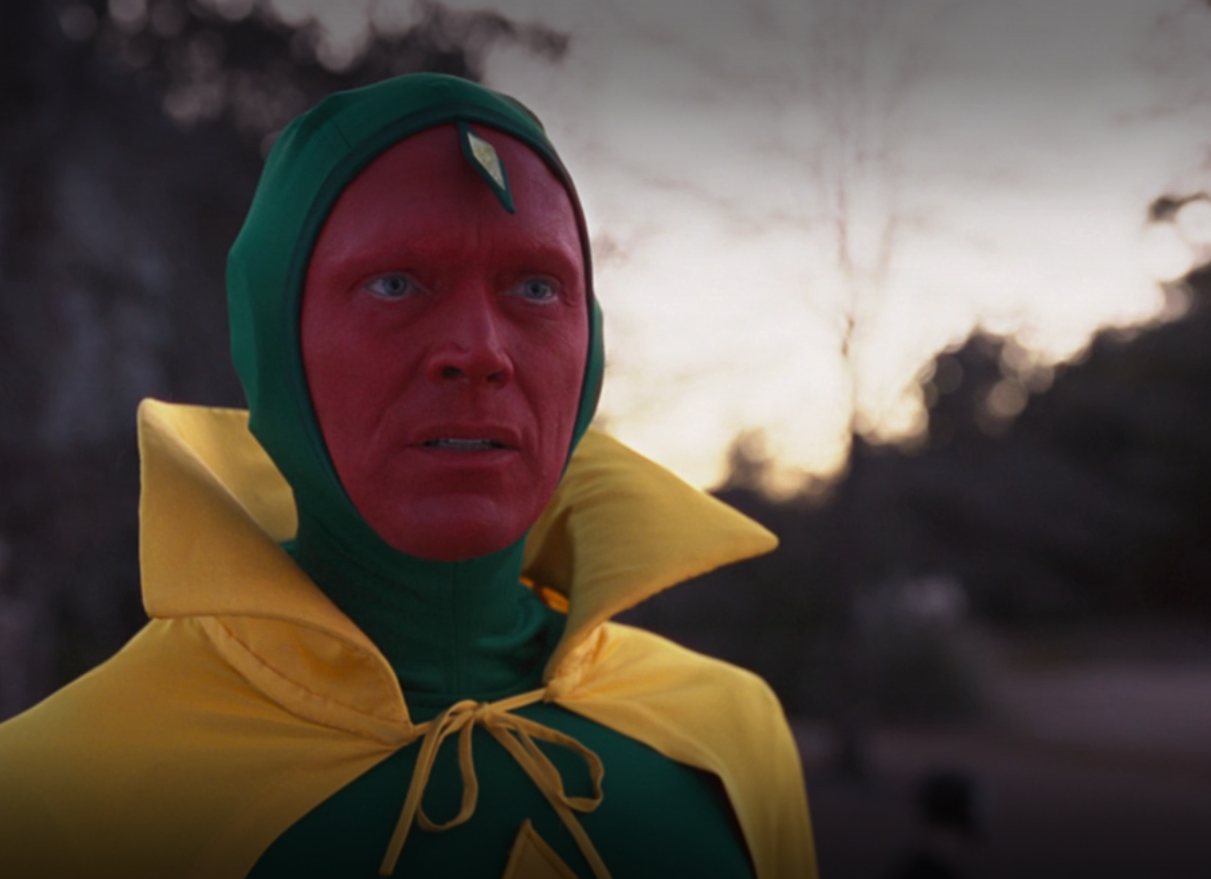
However, this cameo ultimately never came to be, with the ‘surprise’ turning out to be nothing more than the appearance of the white version of The Vision.
These interviews committed cardinal mistake number one and two for a television series: never create hype for upcoming episodes with lies.
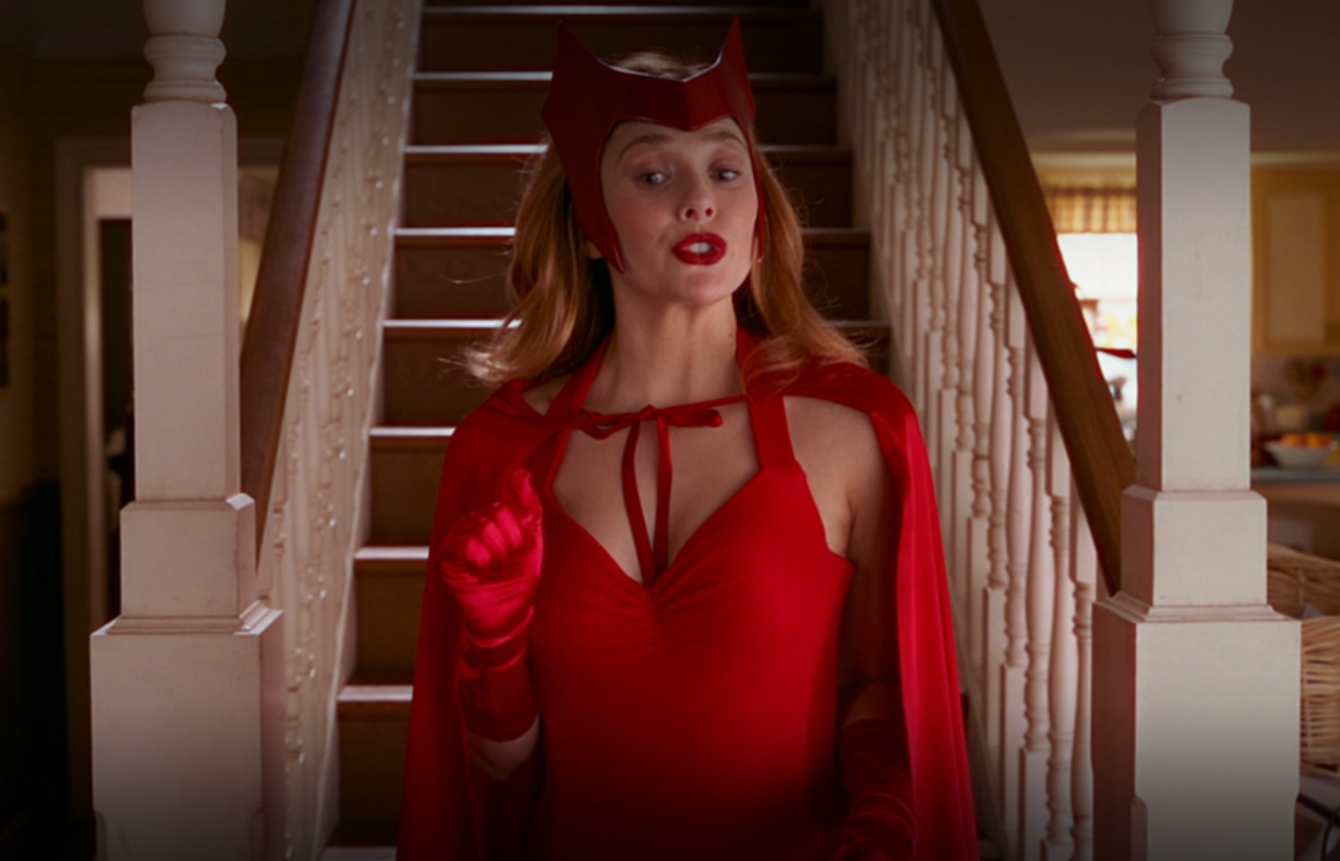
The third mistake was made by Wandavision showrunner Jac Shaeffer, who told Inverse in late 2019 that she was “not interested in adhering to comic canon that is discriminatory in any way or that violates my values system” and later said to Heroic Hollywood that the best thing about being a woman in Marvel was “Power, baby. All the power.“
Hyping a show by highlighting its social justice focus, while at the same time denigrating the source material from which your entire franchise was borne from, is never a good idea.
“I choose to be a part of projects that are about positive representation,” Schaeffer would further explain. “We need to see women, we need to see people of color, we need to see nuanced experiences, and we need to see different perspectives on screen.”
Presumably, this is why the white male Director of S.W.O.R.D, Tyler Hayward, turned out to be a villain who, as it turns out, has no issue shooting children.
Curiously, at the conclusion of the episode, Hayward is arrested for his crimes while Wanda, who mentally imprisoned an entire town, gets to walk away with no consequences to her actions. In fact, the only person who could have posed a challenge to her escape, Monica Rambeau, let’s her go because she sympathizes with Wanda’s decisions, telling the Avenger that she “would’ve done the same”.
Mistake four: never dampen the consequences a character may face, especially in a show focused on justice, in pursuit of exclaiming just how “powerful” you and your gender are.
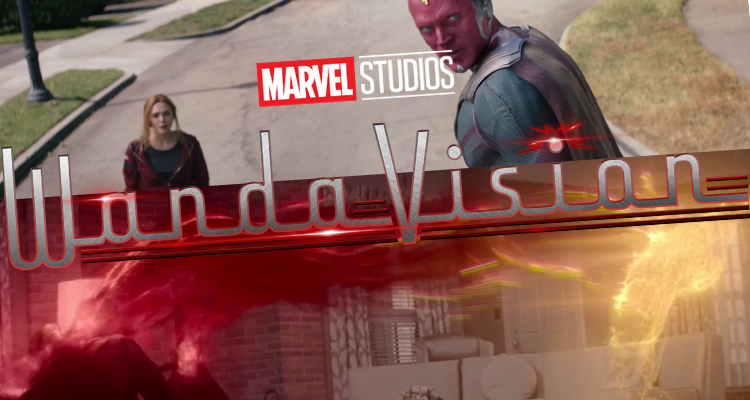
Then The Truth Comes Out
However, the signs of troubled waters soon began to make themselves apparent.
Recently, WandaVision director Matt Shakman spoke with Fandom and preemptively asserted that some fans would be disappointed with the finale. Meanwhile, Bettany revealed in an interview with Good Morning America following the reveal of White Vision that he lied in his previous tease of acting alongside an actor he was “really excited to work with.”
Bettany is also on record, speaking with the Lights Camera Barstool Podcast, stating, “I really think people are going to be like, ‘Oh my God!’ and they’re going to look at the MCU in a whole new light and also have a much deeper understanding in what direction it’s moving.”
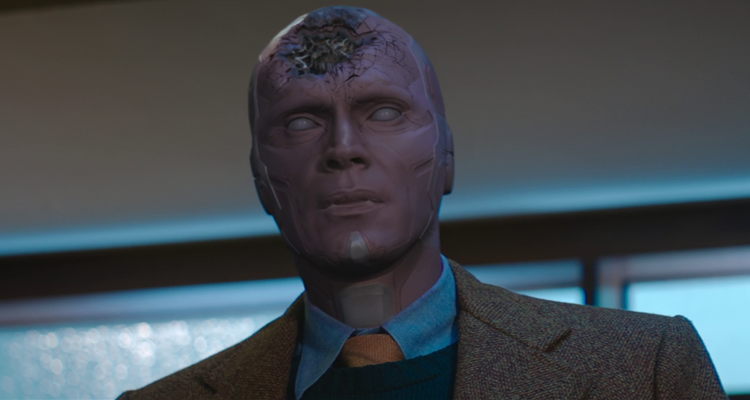
However, following the finale, nothing has really changed about the direction of the MCU.
Though a post-credits scene shows Wanda reading the Darkhold in her astral form while her physical form is drinking coffee, the finale missed its opportunity to introduce the multiverse to the MCU and set-up her appearance in Doctor Strange in the Multiverse of Madness.
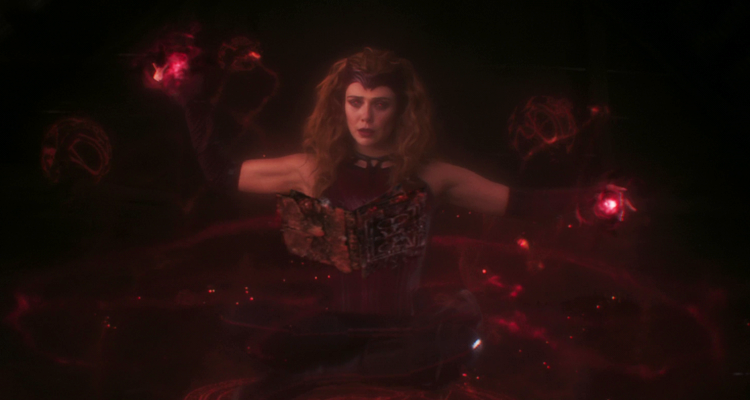
Even the appearance of Evan Peters led nowhere. As Andy Signore of Fandomwire writes, his appearance wasn’t exactly the grand entrance to the X-Men franchise that many were expecting, but instead nothing more than an instance of a WestView resident given access to the memories of the Aaron Taylor-Johnson version of Quicksilver by Agatha Harkness.
It was an opportunity to build something bigger for the MCU. But they decided to keep it small and isolated.
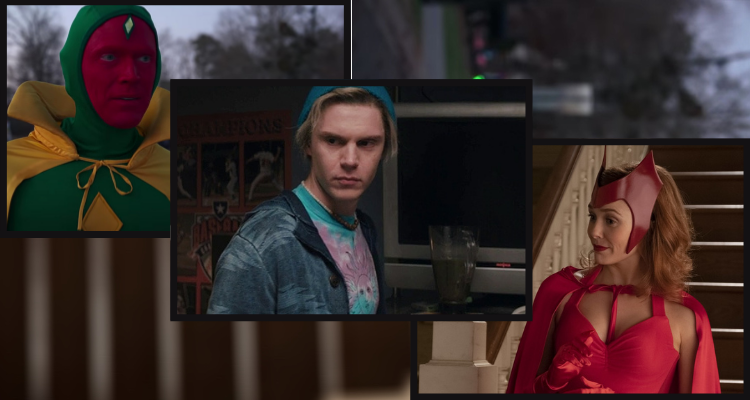
F For Finale
The final episodes of Wandavision couldn’t have come at a worse time for Disney. Lucasfilm, another one of the company’s properties, recently and effectively put Gina Carano out of business in Hollywood while slandering her in a statement to access media websites.
In turn, the uproar from fans of the character Cara Dune and supporters of Carano has been fierce, with videos featuring Kathleeen Kennedy or promoting Lucasfilm properties receiving massive downvotes and comments sections across social media being filled with calls for Kathleen Kennedy to be fired and shows of solidarity with Gina Carano.

With this instance of cancel culture, the hashtag #cancelDisneyPlus began to trend as fans began to express their outrage towards Carano’s firing. Even the team here at Bounding Into Comics no longer felt motivated to review Wandavision in the wake of Disney’s decision.
And it was shortly after this incident that the episode wherein Evan Peters revealed himself as the re-cast version of Wanda’s brother, in a moment that seemingly implied that the reality of the MCU would be cracked wide open. Seemingly, I write, because it was just a week later that the quality of the show diminished, revealing nothing more than a continuing throughline for the current Marvel reality.
A glimpse of the multiverse could’ve been all audiences needed to understand the MCU’s direction for the rest of their Phase 4 shows and movies.
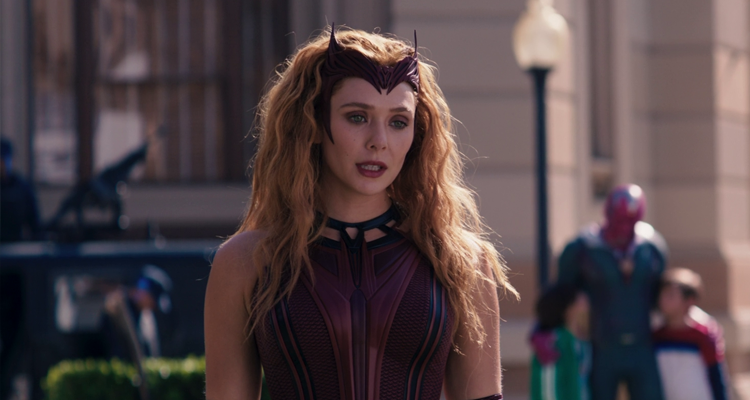
In my personal critique of the finale itself, the ending felt rushed. They needed to flesh out a number of things, including The Darkhold, the extent of Wanda’s powers, and why Evan Peters, of all people, was chosen specifically to reprise the role of Quicksilver. One wonders why casting chose him to show up rather than Aaron-Taylor Johnson, if not to hint at some bigger mystery regarding the character.
Perhaps Doctor Strange 2 will reveal more regarding these things, but we’ll have to wait 2 years before that film comes out, mostly because rising coronavirus numbers in the U.K. have halted filming for the time being.
Furthermore, I still find it insane that, after realizing that nothing she is doing can be sustained and taking down The Hex in order to face the reality of what she has done, Wanda faces no consequences for her actions.
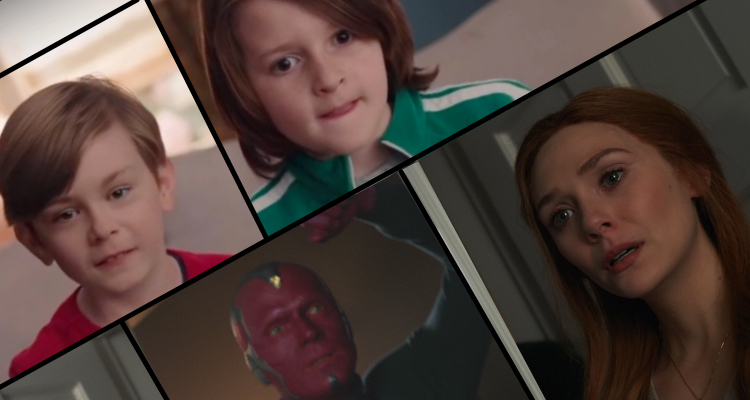
Sadness Denied
If we’re talking about any emotional boxes the show marks off, there’s problems there as well. The kids are less an attachment to Wanda than they are to the audience, and though Billy and Tommy are well-developed characters, they are wiped away at the end like they never existed.
Wanda’s reaction in this scene, almost catatonic as she and Vision leave her kids upstairs as they dissolve, doesn’t prompt an emotional response from the audience due to the uncharacteristic nature of actions.
There’s also a version of Vision still flying around somewhere, while the one who has lived in this world with Wanda just blips out of existence like it’s a regular occurrence.
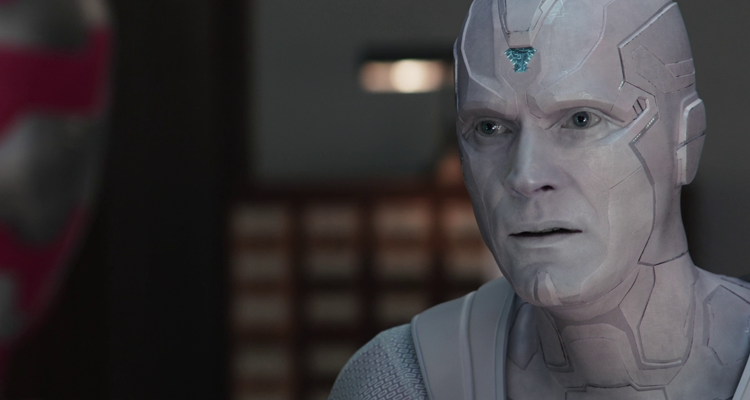
Overall, the Bounding Into Comics crew had a mixed response to early episodes of the Wandavision series. Feeling that certain episodes needed to be put earlier in the season and that many characters didn’t contribute much to the series, only a few episodes were well-crafted enough for us to raise a curious eyebrow.
Yet, despite those small tidbits of favorable elements of the show, our team recognized that quality of the series dipped, with some of us taking particular issue with how it ends on rather prominent ‘girl power’ moments, such as Monica dominating over fake Quicksilver, Wanda victorious over Agatha, and Darcy slamming her vehicle into S.W.O.R.D. Director Hayward’s vehicle.
That the two end-credits scenes featured further promotion of corporate-sponsored ‘girl power’, even giving nods to Captain Marvel 2, only served to make us further roll our eyes.
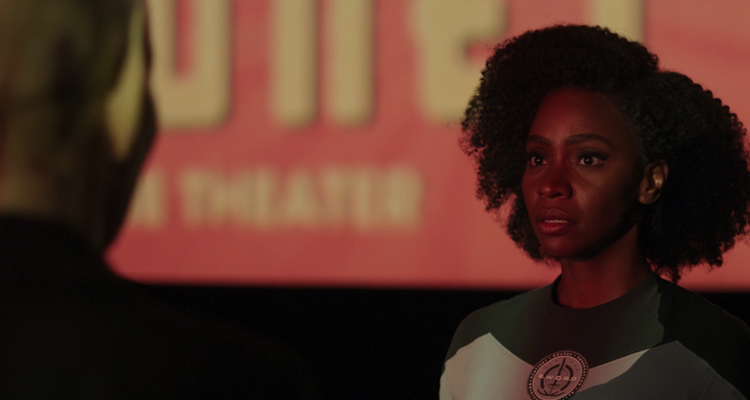
So, I felt sad at the conclusion of the series. But not the sort of sad the show was aiming for.
Rather, I was sad that Marvel wasted a bevy of potential for the future of the Marvel Cinematic Universe whilst turning to lead the one-great franchise known as the MCU into an inevitably feminist future.
But what did you think of the finale of Wandavision? Sound off in the comments below or let’s talk about it on social media!
More About:Movies Television

